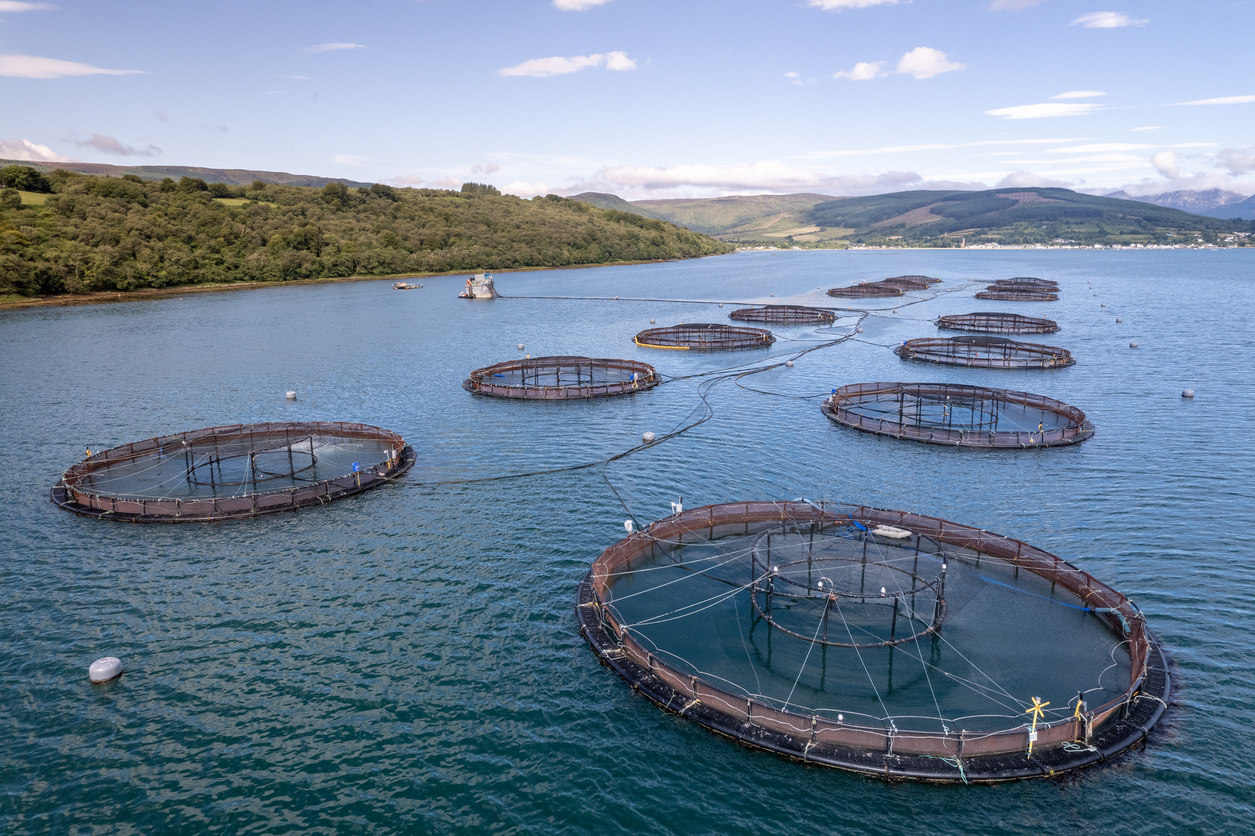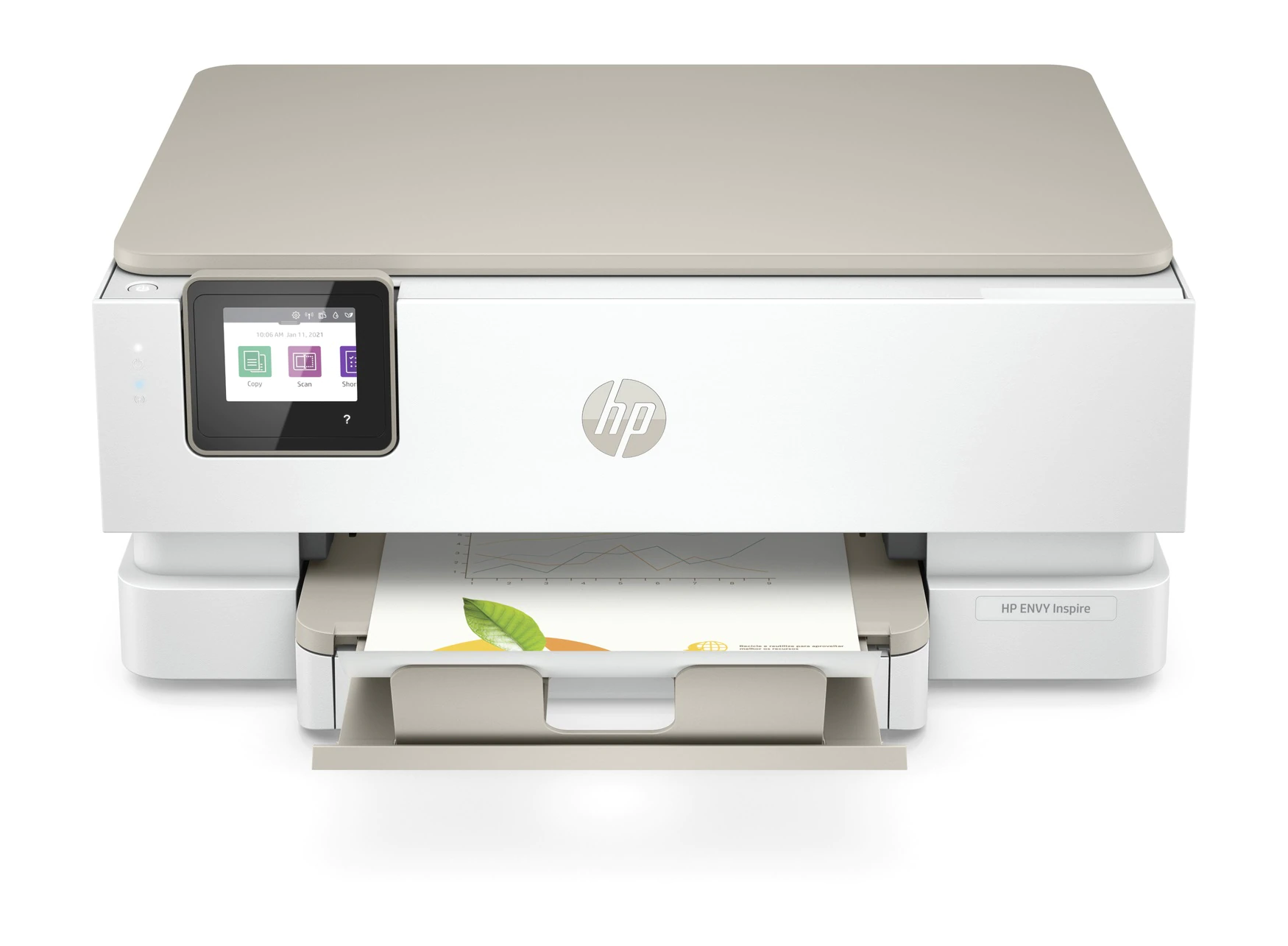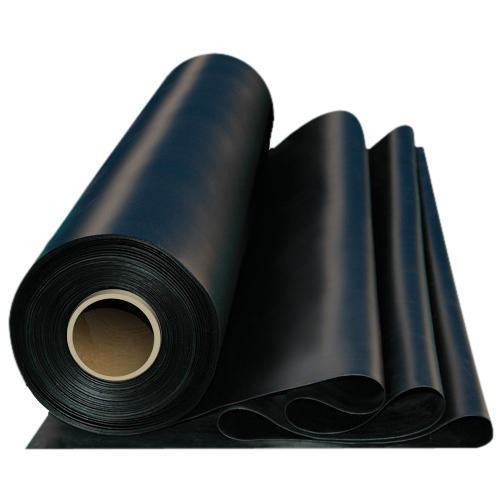The Pros and Cons of Fish Farming: a Different Perspective
The Pros and Cons of Fish Farming: a Different Perspective
Fish farming, also called aquaculture, is a technique for raising fish in controlled environments. Fish that are raised and harvested onsite are known as “fin fish”. These common carnivorous species are usually fed pellets consisting of about 70% protein and oils as well as vitamins, minerals and digestible oils. This makes them more suitable for eating than raw fish where the bones can be a choking hazard. Such operations have become increasingly popular and cost-effective in meeting growing global demand for seafood with less impact on the environment than traditional fishing methods like trawling or netting. However, there are pros and cons to this practice that some consumers may not know about until after they purchase their fish. Read on to learn more about the benefits and drawbacks of raising fish at home or investing in a company that does so:
What Are The Benefits of Fish Farming?
One of the main benefits of fish farming is that it produces a more consistent and predictable product than wild-caught fish. This means that the quality of the fish fillets is more consistent, which makes them easier to cook and prepare in a variety of ways. Disease outbreaks are less likely to happen in fish farms than they do in oceanic wild-caught fisheries. This is because there are no migratory species like tuna and salmon in fish farms. These carnivorous fish are fed pellets that contain antibiotics that prevent disease. Fish farming also allows farmers to control fish spawning and harvesting times, which allows them to better meet market demand for particular species of fish at different times of the year. Harvesting fish from these facilities also requires a lot less labor than catching fish in the wild. Fish are also generally easier to farm than other types of livestock. This is because they do not require as much space as chickens or pigs and they produce fewer odors.
Environmental Benefits of Fish Farming
The fish feed and waste is recycled in the fish farm. This reduces nutrient runoff and pollution compared to land-based farms. Moreover, the fish do not need large amounts of land (or fresh water!) to be raised. This helps reduce land-based pollution and makes fish farming a sustainable way of meeting the demand for food. However, there are two concerns when it comes to the environmental impact of fish farming. The first is that the fish feed sometimes contains fishmeal or fish oil as a source of protein. This can cause an overfishing problem. The second major concern is that a large portion of farmed fish escape from these facilities, leading to water pollution and the spread of disease to wild fish.
Proven Health Benefits of Eating Farmed Fish
One thing that is commonly misunderstood about fish farming is that it does not change the nutritional profile of the fish. This means that farmed fish is just as nutritious as wild fish and can be used to meet dietary recommendations for omega-3 fatty acids and protein. However, this only applies to carnivorous fish like salmon, trout, tilapia and catfish. Fish containing significant amounts of omega-3 fatty acids are wild-caught because they need marine algae to survive. These include species like mackerel, herring, salmon and tuna. The same can be said of shellfish like crabs, clams and oysters. Fish in these categories are called “aquatic vegetables” because they are rich in nutrients but lack omega-3 fats.
Consumer Benefit: Knowing You Are Eating Responsibly-Raised Food
Fish that is farmed at a high level of responsibility is one of the few sustainable seafood options available to consumers. The Marine Stewardship Council (MSC) ensures that the fish being farmed meet strict sustainability standards and are not negatively impacting the wild fish populations or marine environment. Fish that is labeled as MSC certified are usually farmed in the US or Canada, where pollution and disease outbreaks are much less common than in parts of Asia. Moreover, certified fish feed is less likely to contain fishmeal and fish oil that may be unsustainable sources.
Financial Benefit: Affordability and Shortcomings of Sustainable Seafood Sources
Fish that is responsibly farmed is also more affordable than wild-caught and sustainably-farmed fish. This is because it is less labor intensive to raise fish in a controlled environment than it is to catch them in the wild. Fish that is sustainably-farmed can be more expensive, but it is a worthwhile investment. Moreover, some sustainable fish sources are not sustainable if they are wild-caught and shipped long distances. Fish farmed in the US is usually much less expensive than that imported from Asia. The same can be said for wild-caught fish from other parts of the world. This makes responsibly-farmed fish an affordable alternative for people trying to eat healthy but on a tight budget.
Cons to Know Before You Buy
One issue to be aware of is the amount of fish meal and fish oil that is used in the feed for farmed fish. This is a big source of sustainability concern with these operations, especially in Asia where there is less oversight from government agencies. Fish meal and fish oil used in feed may be unsustainable sources, which can cause pollution and endanger wild fish populations. This is especially true in poorer and less regulated parts of Asia. Fish meal and oil may also contain traces of heavy metals like lead and mercury, which can be harmful to humans if they are consumed in large amounts. Fish that is raised on a fish meal diet rather than pellets is also significantly higher in sodium, which can be a health concern for people with hypertension or high blood pressure.
The Bottom Line
Fish farming helps to meet the growing demand for seafood while reducing the negative environmental impact of fishing fleets and the health risks posed by polluted fish stocks. Fish feed contains fishmeal and fish oil, which may be unsustainable sources, or may contain heavy metals like mercury and lead. Fish that is raised in fish farms on a pellet diet is healthier than fish fed with fishmeal and fish oil. Both forms of farmed fish are a healthy source of protein and omega-3 fats, but can be expensive compared to wild-caught fish from other countries or regions. You can be confident in your choice if you purchase fish that has been responsibly-farmed. This ensures that no harmful pollutants are entering the environment and that wild fish populations are not being negatively impacted. Moreover, you can feel good about eating a more affordable yet nutritious meal that is better for the environment than many other protein sources.








LEAVE A COMMENT
You must be logged in to post a comment.